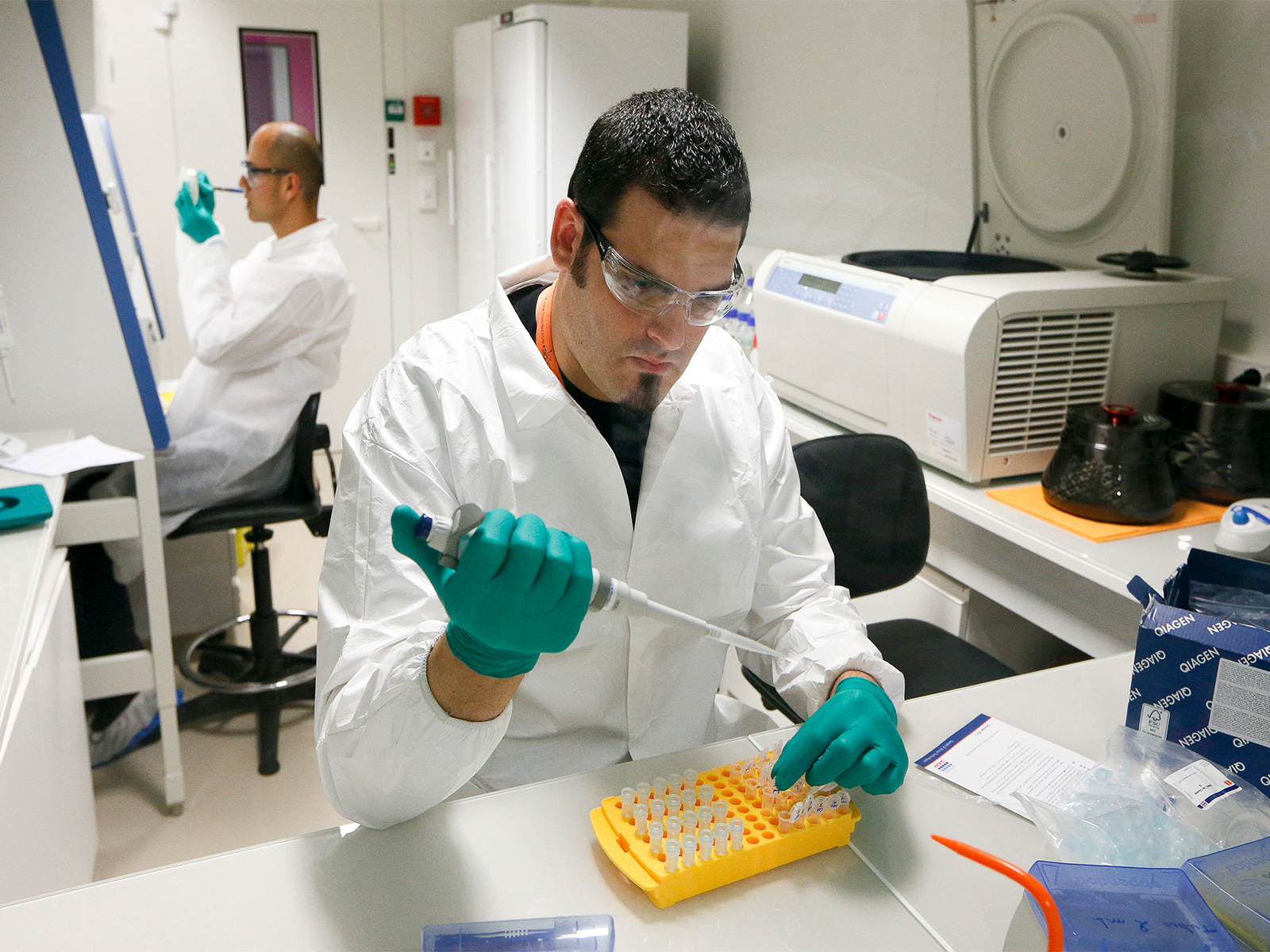Washington DC [US], November 9 (ANI): Researchers have identified special immune cells in the brain that help slow Alzheimer’s disease. These microglia work to reduce inflammation and block the spread of harmful proteins. They appear to protect memory and brain health, offering a promising new direction for therapy.
In a study published November 5 in Nature, the team found that microglia with lower levels of a transcription factor called PU.1 and higher expression of a receptor known as CD28 help reduce brain inflammation.
These specialised microglia also slow the buildup of amyloid plaques and the spread of toxic tau proteins, which are both major hallmarks of Alzheimer’s.
PU.1 is a protein that binds to specific DNA regions, helping control which genes are activated or silenced. CD28, found on the surface of T cells, acts as a signalling receptor that supports immune cell activation and communication.
How Protective Microglia Work
Using mouse models of Alzheimer’s, as well as human brain cells and tissue samples, the researchers showed that reducing PU.1 levels encourages microglia to express immune-regulating receptors typically found in lymphoid cells.
Although these protective microglia make up only a small portion of total microglia, their effect is widespread: they suppress inflammation throughout the brain and help preserve memory and survival in mice.
When the scientists removed CD28 from this specific microglial subset, inflammation worsened and plaque growth increased, confirming that CD28 plays an essential role in keeping these brain-protective cells active.
“Microglia are not simply destructive responders in Alzheimer’s disease — they can become the brain’s protectors,” said Anne Schaefer, MD, PhD, Professor in the Nash Family Department of Neuroscience at the Icahn School of Medicine, Co-Director of the Center for Glial Biology at The Friedman Brain Institute, Director of the Max Planck Institute for Biology of Ageing, and senior author of the paper.
“This finding extends our earlier observations on the remarkable plasticity of microglia states and their important roles in diverse brain functions. It also underscores the vital importance of international collaboration in advancing scientific progress,” added Anne.
“It is remarkable to see that molecules long known to immunologists for their roles in B and T lymphocytes also regulate microglial activity,” added Alexander Tarakhovsky, MD, PhD, Dr. Plutarch Papamarkou Professor of Immunology, Virology, and Microbiology at The Rockefeller University and co-author of the paper.
“This discovery comes at a time when regulatory T cells have achieved major recognition as master regulators of immunity, highlighting a shared logic of immune regulation across cell types. It also paves the way for immunotherapeutic strategies for Alzheimer’s disease,” added Alexander.
Genetic Clues Point to Lower Alzheimer’s Risk
The research expands upon earlier genetic findings by Alison M. Goate, DPhil, Jean C. and James W. Crystal Professor of Genomics and Chair of the Department of Genetics and Genomic Sciences at the Icahn School of Medicine, founding director of the Ronald M. Loeb Center for Alzheimer’s Disease at Mount Sinai, and a senior co-author of the study. Dr. Goate’s prior work identified a common genetic variant in SPI1 (the gene responsible for producing PU.1) that is linked to a lower risk of developing Alzheimer’s disease.
“These results provide a mechanistic explanation for why lower PU.1 levels are linked to reduced Alzheimer’s disease risk,” said Dr Goate.
A New Path Toward Immunotherapy for Alzheimer’s
The discovery of the PU.1-CD28 relationship offers a new molecular framework for understanding how microglia can protect the brain. It also strengthens the idea that targeting microglial activity through immune-based therapies could alter the course of Alzheimer’s disease. (ANI)
Disclaimer: This story is auto-generated from a syndicated feed of ANI; only the image & headline may have been reworked by News Services Division of World News Network Inc Ltd and Palghar News and Pune News and World News
HINDI, MARATHI, GUJARATI, TAMIL, TELUGU, BENGALI, KANNADA, ORIYA, PUNJABI, URDU, MALAYALAM
For more details and packages

















